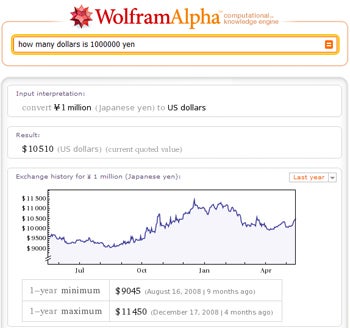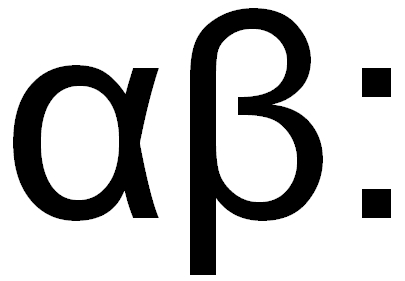In the past few years of webolution we've dealt with the advances of technologies and platforms that are greeted with great fanfare. What tends to get lost, or at least glossed over as time passes, are some of the ethical questions that arise from the technologies.
Remember when everyone thought Google was the greatest thing ever? Wait... I guess most people still do. There once was a time were the links that popped up for your searches were suspect. Why those links and not others? Was there some grand design that we were unaware of? Was Google harnessing the power of search results, feeding us what they wanted to feed us and instead of an "above board", transparent list of links where my little homepage could ever have a chance of hitting the top of the list? I remember thinking about this once... for a few seconds anyway, and then I got to my searching. I had ceded my link aggregation to Google.
Wikipedia has crowdsourced knowledge to the point where noted journalists are buying into the entries as though they're gospel. We search. We find entries that we can pretty much guarantee are suspect in one regard or another, yet we cite, source, report, and pass off the amalgamated ponderings of others as the 21st century Funk & Wagnall's. Don't get me wrong; I can appreciate the fact that we've moved from an authority system based on printing press to one based on monitor text. I'm not naive enough to think that print encyclopedias were without bias. I do know, however, that the filtering system to go from research, to edit, to publish at a publishing house is at least tangibly more complex than clicking "edit". We have ceded our knowledge to Wikipedia.
And then past year's fears of Digg manipulating their stories to jack up the ratings of "superusers" or otherwise manipulating their front page results. The community cried "Foul!" and most of us went back there anyway.
Let's digress for a minute though...
Google, Wikipedia, Digg - none of them are bound to ANY public recourse or obligation. These are private companies that may be community-driven in some respects, but are beholden to no one but themselves, or their shareholders. Even still, we have ceded authority to the aggregators... and I'm sadly willing to accept it, because their functionality makes my life easier and I'm far too lazy to pursue the alternative.
So now we are presented with Wolfram Alpha which purports to be a "computational knowledge engine" which is way cool and has potential written all over it. But its existence (and future) raises questions concerning our divested authority. While Google and Digg ask us to accept rankings and Wikipedia asks us to accept knowledge, Wolfram Alpha is asking us to accept solutions. While this may seem to be a fine line (and one that I'm sure I'll be accepting sometime soon) the line does lead down the path to bigger ethical questions than link aggregation.
Is it okay to cede problem solving to the web? Don't get me wrong here. I realize that WA is not apt to solve the world's problems even with the best placed query. My fear is that the ourobouros of crowdsourcing will increase exponentially. When does a Wikipedia entry that's received a million hits, because of its listing in Google, become so accepted that it is "fact"? When does "fact" get integrated into research which, itself, gets re-cited back into Wikipedia and other sources? When does Wolfram Alpha generate solutions based on a "fact" that, in itself, gets republished to create new "research"?
And I guess we can go back to the paper v. digital question where I'm sure someone will correctly assert that this feared pattern has all happened before in paper, ink and press. I'll concede to that. My issue is the filtering. Now it can happen in an hour or a day. Research used to be time intensive and subject to the self-questioning that the research and publishing process would allow. The speed of the web CAN deny such reflection. Where it has always been incumbent on consumers of media to question content providers, the obligation becomes even greater when server-side computation verges on impending nascent stages of AI. Alright, I know were not talking Skynet here, but there's a big difference between "here's where you can go to possibly find the answer" and "here's the answer".
Who's afraid of the Big Bad Wolfram?



